In this guide, let us take a look at some of the basic and essential woodworking tools that will definitely help you with starting your workshop. You don’t have to purchase all the tools at the beginning but start with some essential tools and slowly allocate some budget over time to add the tools to your collection. As far as the list goes, these tools are in no particular order or preference but it is very essential to have them around if you want a professional setup.
Hand Tools
1. Chisel
Let us start the list with one of the basic tools in the world of woodworking: the Chisel. It is a sharp angled piece of steel with a handle for carving or cutting wood. There are different shapes, sizes and styles of chisels but at minimum, you need four or more different chisels at your disposal. Good thing is that you can get a chisel set for about $50 but the important thing about chisels in general is that no matter its price, it must be sharp.
2. Hammer
You probably own a hammer and for some reason if you don’t, then go ahead and buy a hammer right now. It is one of the most commonly used hand tools and is a must have tool for every household. There are different types of hammers but a Claw Hammer is the one for woodworking and carpentry. You can drive nails into wood or pull them out with a claw hammer. A good claw hammer will cost you less than $15.
3. Hand Saw
Even with the wide availability of machine saws, a hand saw is a very useful tool for cutting wood, plastic, drywall etc. You can quickly take a hand saw and make the necessary cuts rather than setting up a table saw. A good handsaw will last for many years with very less maintenance. You have to spend anywhere between $10 to $15 for a decent hand saw.
4. Screwdriver
Another essential tool that is a must have for every household, woodworking, electrical, automobile shop is a screwdriver. Flat head, Phillips and Torx are some of the commonly used screwdriver types. They come in different sizes and lengths. You can have a set of screwdrivers with multiple sizes for each type. Screwdriver sets are very cheap and you can get one for around $40.
5. Mallet
It is a special type of hammer that usually comes with a rubber head but sometimes wooden head is also used. Mallets, though appear very similar to hammers, aren’t used for driving nails but rather they are used to knock pieces of wood together. If your work involves frequently joining two wooden blocks, then chances are you will need a Mallet. They are very cheap and you can get a good quality mallet for around $10.
Hand-Held Power Tools
1. Drill
The first and an essential hand-held power tool that is a must in every woodworking shop is a power drill. They are used to make holes in wood, metal, walls, etc. There are several options for drills but a cordless drill with a brushless motor will be very beneficial in the longer run. These cost anywhere between $50 to over $200. Most power tool brands such as DEWALT or Makita generally tend to use a single battery type across multiple tools. You can save a little bit if you purchase many power tools from the same brand.
2. Circular Saw
While a hand saw is useful for quick and small jobs, a decent Circular Saw can be very helpful. You can cut a variety of materials such as wood, plastic, metal and many more with precise and clean cuts. Depending on the brand and power, circular saw can cost you anywhere between $60 and $200.
3. Orbital Sander
A Random Orbital Sander will help you in smoothing a wooden surface by sanding it with a sandpaper. Apart from sanding, they can also be used for polishing and also to remove paint. Corded sanders from reputed brands will be cheaper, around $60 to $100. But if you go for cordless option, then you have to spend upward of $120.
4. Impact Driver
If you are tired of manually driving screws, then an impact driver is the power tool for you. It looks just like a drill but it is used to tighten or loosen screws, often large sized ones. A cordless impact driver tool will cost you around $60 to $100. This cost again depends on whether you are going for tool only option without battery or tool with battery.
5. Nailer and Stapler
If you are tired of manually driving nails, then a nail gun or nailer is an alternative power tool. Whether you are working with wood, plywood, drywall or other similar materials, nail guns can help you drive nails. Another similar tool is the stapler. You can quickly staple upholstery, drywalls, cardboards etc. with a stapler. Some tools have a combo nailer and stapler in them. But better to opt for separate tool as the nailer can cost you between $80 to $100 while a decent stapler can be cheaper at $25 to $30.
6. Jigsaw
A Jigsaw is another versatile hand-held power tool that can cut wood irregular or curved shapes in the wood. It consists of a small reciprocating blade which you an easily guide in stenciled designs. Corded electric jigsaws are relatively cheap at around $30 to $50 but if you go for cordless one, then you have to spend upward of $150.
Machine Tools
1. Table Saw
An upgrade from hand saw and circular saw is the table saw or bench saw. This is another essential woodworking tool that every shop must have irrespective of its size and age. The cutting blade is similar to that of the hand-held circular saw but it protrudes from the table. Advantage of such arrangement is that you can easily slide the piece of wood you want to cut without holding the tool itself. Table saws are definitely an expensive purchase with pricing around $300 to $500 or more but if your work load is medium to high, then it is a very good investment.
2. Band Saw
If you already own a table saw, jigsaw and circular saw, then a band saw may not be a priority purchase for you. Instead of a circular blade, a band saw consists of a vertical blade. You can use a bandsaw for cutting wood, lumber, metal etc. The main advantage of band saw is that you can make clean cuts and also odd shapes (just like a jigsaw). Bandsaws are slightly affordable than table saws with a price range of $200 to $300 for a good brand.
3. Miter Saw
A miter saw is another unique saw that can make angled cuts very easily. Most modern miter saws are a modified version of circular saws where the blade can be positioned at any angle. Miter Saws are not cheap tool as they cost around $250 to $300 or more. So, calculate your budget and the importance of this tool in your shop and plan your purchase.
4. Planer
Planning wood is a process of smoothing the surface of the wood and also make its surface perfectly flat. Hand Planer is quite popular even now but electric planers are relative cheap if you opt for the corded option. Speaking of the price, corded electric planer are available for $70 to $90 while a cordless planer will be around $180. There are also benchtop planers that that will cost you anywhere between $350 to $650.
Accessories
1. Level
A must have accessory at every woodworking shop is the level. Construction levels are very large and if you are primarily working with wood, then you are better off with a small level. Most levels consist of liquid with a bubble to indicate whether the surface if perfectly level or not. You can accurately see for horizontal (180°), vertical (90°) and also 45° angles. These are very cheap device with a price range of $15 to $25.
2. Sandpaper
A woodwork shop is incomplete without a sandpaper. As the name suggests, a sandpaper is an abrasive sheet made up of sand (or sometimes glass, in which case it is known as glasspaper) that is used to smooth the surface of wood or paint, make the surface rough for gluing or to remove a layer. There are different grit sizes available and an assorted sandpaper set will cost around $10.
3. Clamps
If you work with wood, then chances are you need clamps. They are used to hold the pieces of wood and prevent any movement while painting, gluing or other similar jobs. There are different types of clamps such as bend clamp, bar clamp, C-clamp etc. and again they are also available in different sizes. We strongly suggest you to invest (though clamps are generally cheap) in clamps an get enough stock in your shop.
4. Measuring Tape
This is a no-brainer. Any sort of woodworking is impractical with a tape measure. There is a saying in woodworking and carpentry that goes something like “measure twice, cut once”. A retractable measuring tape with thin metal sheet is the starting place and you can go for digital or laser measuring devices at any time.
5. Speed Square
To get those perfect right angles in your wood work, you have to use triangle squares (also known as speed square or rafter square). These are relatively cheap devices that are available for less than $12.
6. Glue
Whether you are working with wood (hard or soft), plywood or drywall, you need glue, actually a lot of glue. Wood Glue is used to bind two pieces of wood either temporarily or permanently. They are very cheap and it is better to have it in large quantities.
7. Masking Tape
When you are done working with your furniture or art, the next job is to polish or paint the wood. This is where masking tape comes handy. It is an easy-to-peel paper tape that masks an area that must not be painted.
8. Toolbox
A properly arranged shop not only brings out a positive working atmosphere but also make the job of the workers very easy. A Toolbox helps you in storing and organizing your tools, usually small hand-held ones. They come in various sizes and also materials and costs anywhere between $20 to $80 or more.
9. Eye and Ear Safety
Tools can be dangerous. You have to take necessary safety precautions while working any sort of woodworking tool. Two sensitive parts in your body are eyes and ears. With different power tools and small pieces of wood flying around, we highly recommend proper eye and ear gear.
10. Peg Board
While a toolbox allows you to organize small tools and accessories especially if you are on the go, a peg board is a permanent way to properly organize all your tools at one place in your shop. You can organize hammers, screwdrivers, saws, wrenches, cutters and many more on a decent sized pegboard.
Some Other Things to Consider
1. Dust Collector
Woodworking is one of those professions where you deal with a lot of fine dust. When you are cutting, sanding, chipping or sawing any wood, dust is bound to fly around. While a nose mask comes handy, continuously wearing one for a long time makes you uncomfortable and uneasy. So, we recommend you to install a dust collector in your shop when you find the budget.
2. Jointer
A jointer is a large planer. At the beginning stages of your workshop, you can manage with a small benchtop planer but if your workload increases and you work on larger projects, then it is better to invest in a jointer.
3. Router
This is a specialty power tool that is hollow out an area in the wood. Routers are extremely versatile as you can round the corners, cut inlays, flatten wood and many more tasks.
Conclusion
If you are into woodworking and carpentry, then there are a lot of tools for different kinds of jobs. Purchasing all the tools at once isn’t financially a practical solution for most shop owners or for those who are setting up a shop for the first time. To help you out, we listed some of the essential woodworking tools that you can consider while starting a shop. Depending on your work and budget, you can purchase some of these essential tools the beginning and as you slowly gain momentum (both in terms of work and finance), you can add more tools for you to work with. Comment * Name * Email * Website
Δ



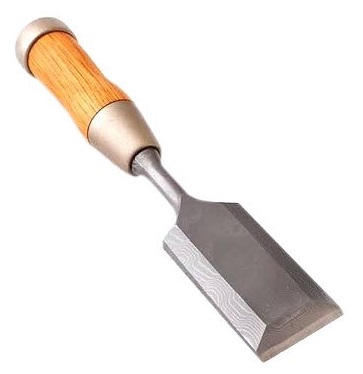

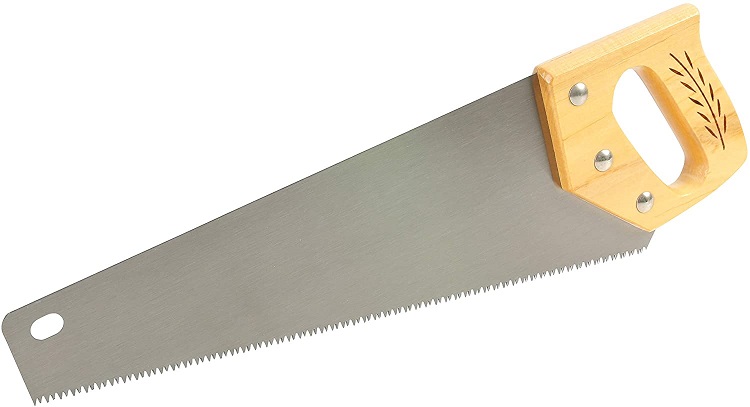
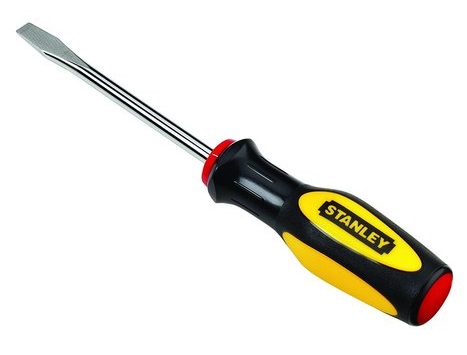
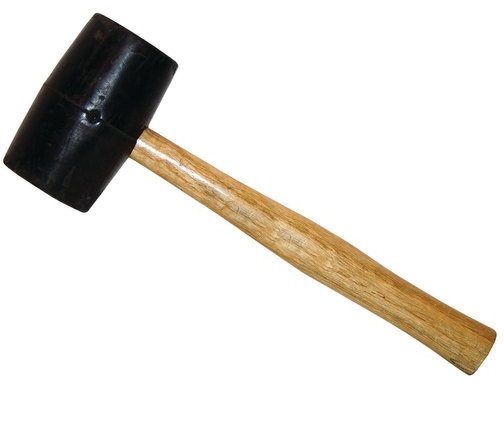
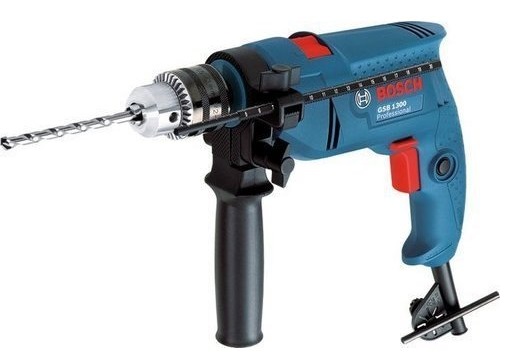



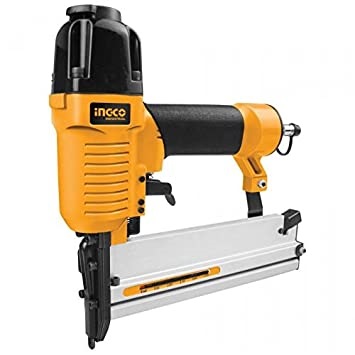
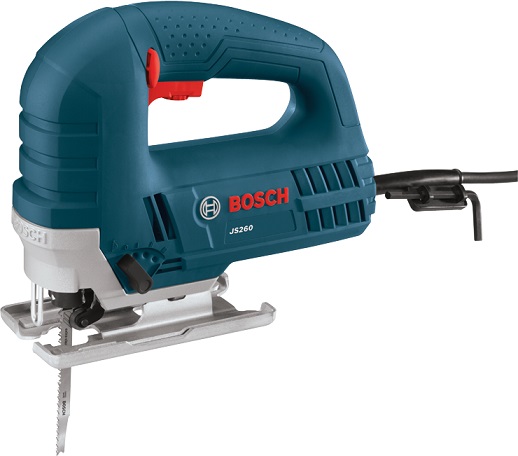
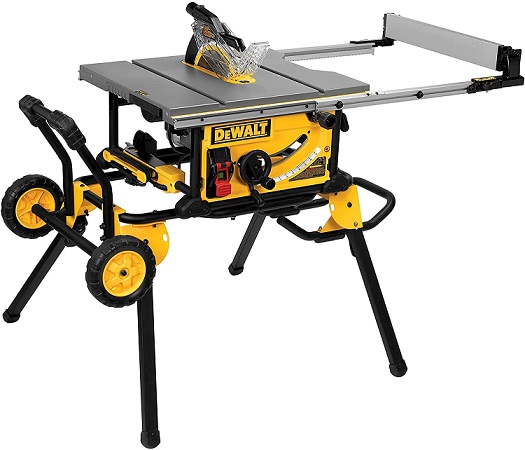




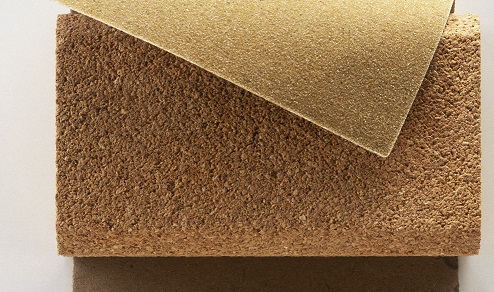

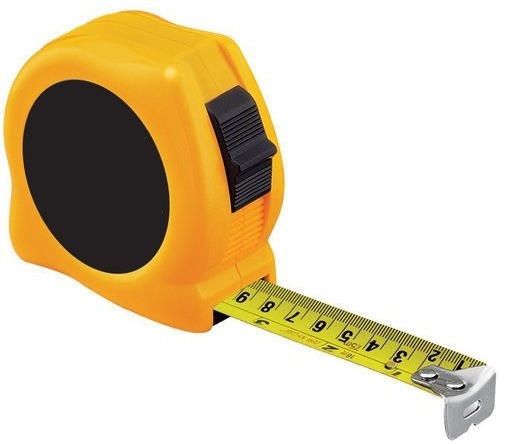
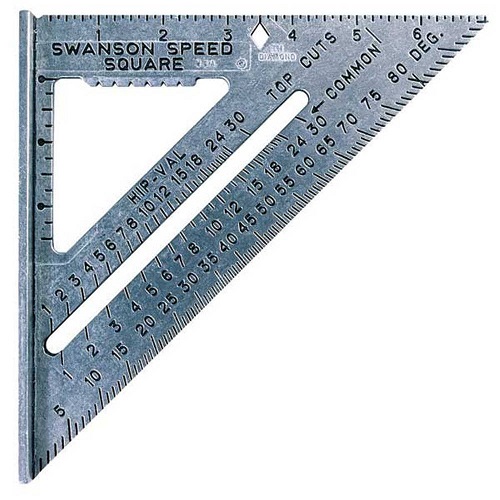

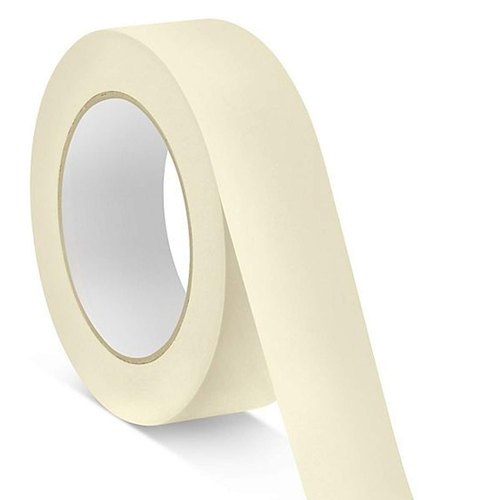

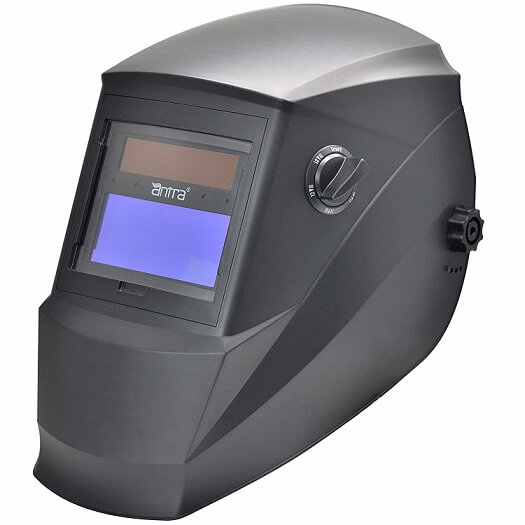



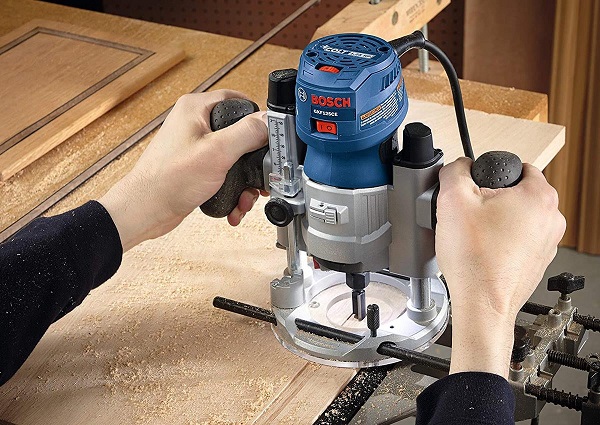


![]()